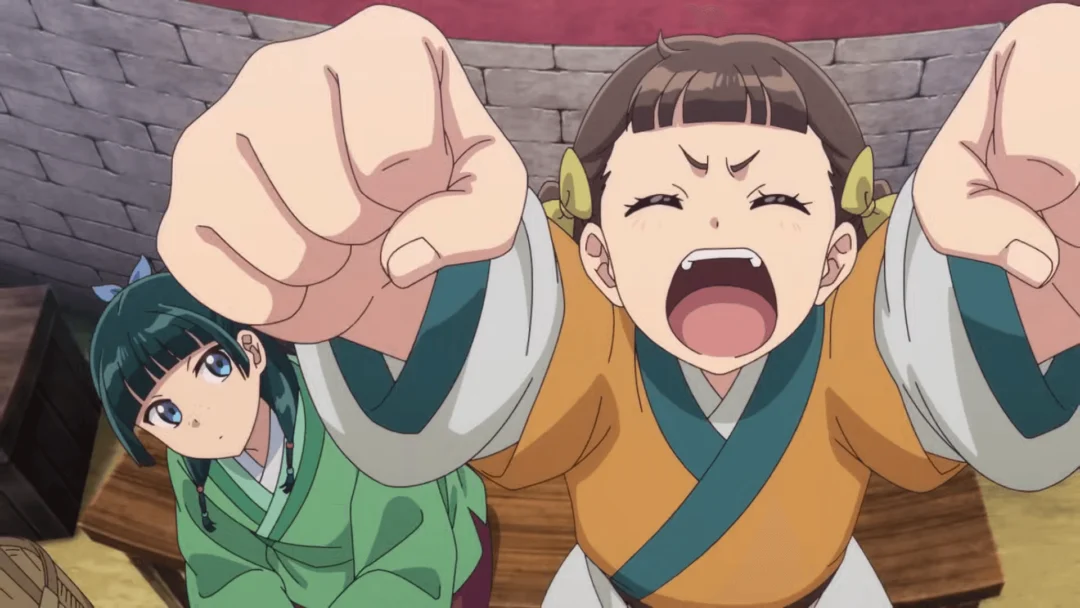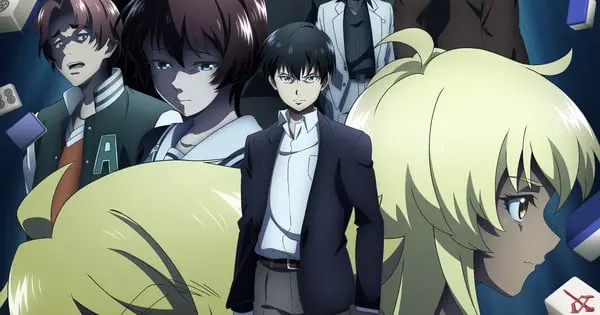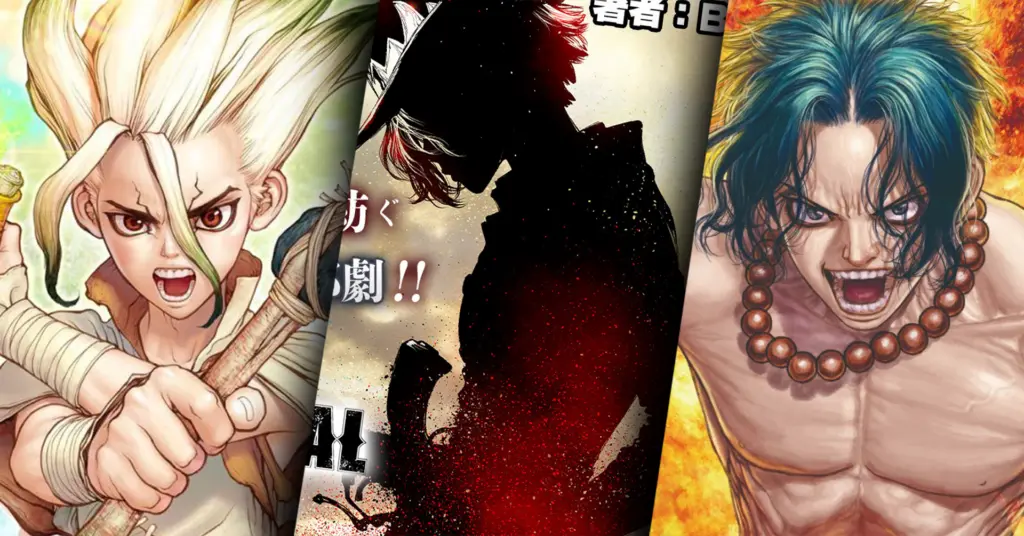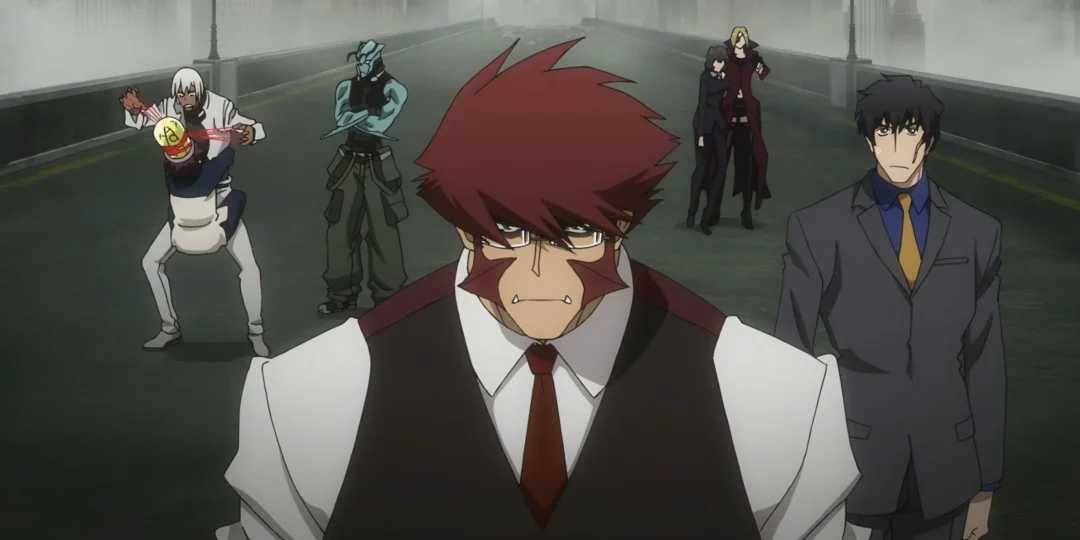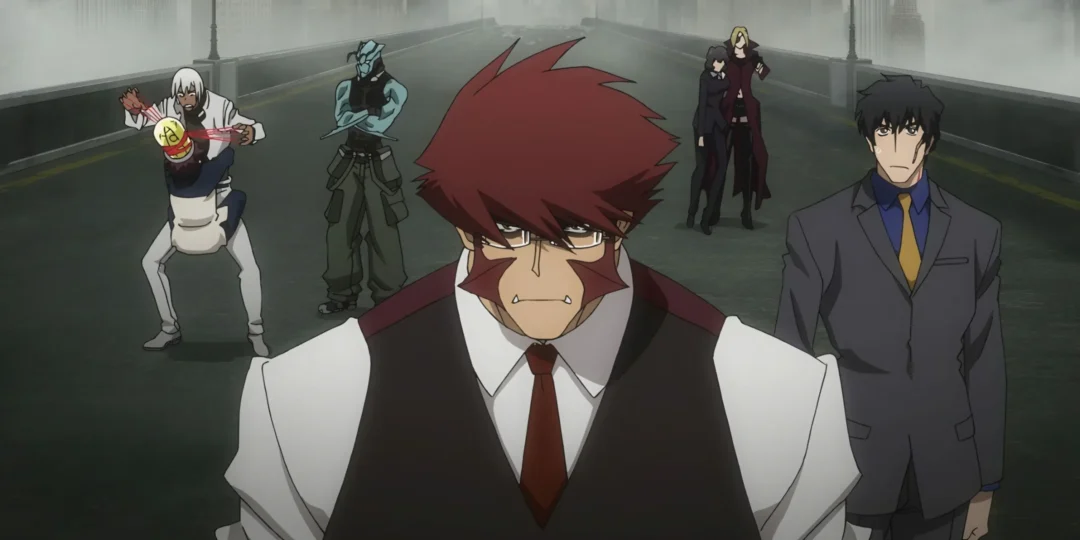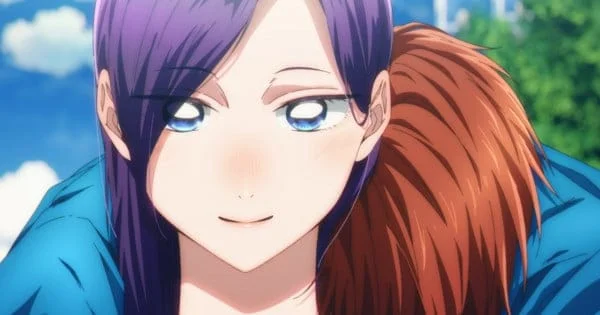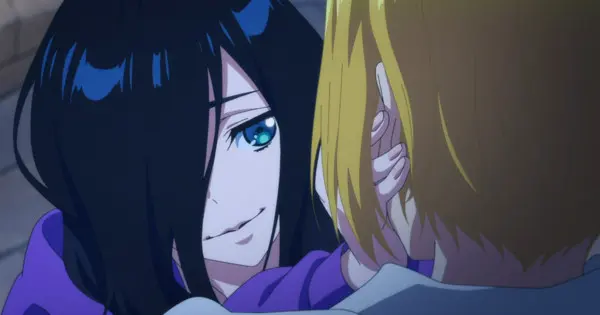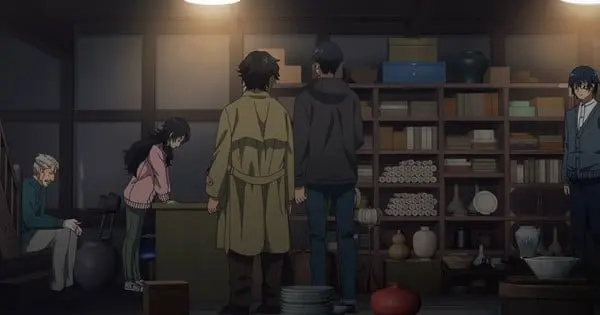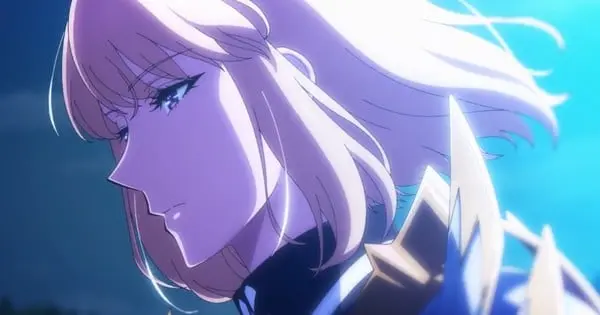Blue Box returns with its 13th episode, marking the start of the second cour of the season. This episode provides a great balance of relationship exploration and sports, staying true to the core of the series. Instead of focusing solely on the central pair, Taiki and Chinatsu, the episode shines a spotlight on two supporting characters, Haryu and Karen, delving into their relationship and backstories, which in turn helps Taiki understand his own feelings and ambitions.
A New Couple Takes Center Stage
Episode 13 takes a detour from the usual Taiki and Chinatsu dynamic to explore the relationship between Haryu and Karen. This shift in focus offers a refreshing perspective on love and how it coexists with individual aspirations. The episode reveals how they first met and confessed their feelings, demonstrating a deep and supportive connection between them. While Haryu is often portrayed as a mature and collected character, Karen’s presence brings out a new side of him, making him even more relatable.
A Healthy Portrayal of Adolescent Love
Karen, in particular, is a captivating character. She’s not only a romantic but also someone with her own goals and dreams. She’s clearly more in tune with the “adult” world, providing a stark contrast to Taiki and his peers. Her frank and supportive nature, especially towards Taiki and Chinatsu’s relationship, adds depth to the narrative, highlighting the often-overlooked complexities of young love. The relationship between Haryu and Karen is presented as a healthy and honest depiction of adolescent love, navigating the challenges of balancing personal ambitions with romantic pursuits. They represent a couple that is supportive and understanding of each other’s aspirations, a dynamic that offers valuable lessons for the main characters.
Flashbacks and Their Impact
While the episode is generally well-paced, the back-to-back flashbacks detailing Haryu and Karen’s love story might feel slightly excessive. While these moments contribute to understanding their relationship, they may have been more effective if interspersed rather than presented consecutively. However, the emotional payoff, especially the scene of Haryu holding onto Karen after his game, ultimately justifies these flashbacks. The way the couple supports one another shows a depth that most couples would aspire to. It makes clear that their love is as meaningful and supportive as any couple singularly focused on each other, despite keeping space for individual pursuits.
Taiki’s Journey of Self-Discovery
While the episode explores Haryu and Karen’s relationship, it also cleverly uses their experiences to indirectly guide Taiki’s journey. The episode highlights how important it is to balance personal ambitions with romantic relationships. This indirect teaching method allows Taiki to learn through observation, which is a more natural and effective way of character development. By seeing the challenges and successes of Haryu and Karen, Taiki can gain a better understanding of his own feelings for Chinatsu and how to navigate their complex relationship.
Resolving Misunderstandings with Strong Pacing
The speed at which Taiki and Chinatsu resolve their miscommunication underscores the show’s strong pacing. The series understands that dragging these social hiccups out would serve little purpose. Instead, these moments are used to create strong narrative points which are then swiftly addressed. This approach maintains the series’ focus on character growth and relationship development without succumbing to unnecessary melodrama.
Balancing Sports and Romance
Blue Box continues to excel at balancing its dual themes of sports and romance. The episode masterfully weaves these two aspects together, showing that they’re not mutually exclusive but rather intertwined parts of the characters’ lives. The dedication and effort of the athletes are always displayed, from powerful dives and shots to the deep breaths between rallies.
Thematic Exploration
Episode 13 uses the experiences of the supporting characters to explore deeper themes of love, support, and ambition. The episode poses questions about how young love can thrive when both partners have demanding goals. This exploration adds complexity to the story, moving beyond the simple high school romance narrative. The episode also suggests the possibility of Hina developing feelings for Taiki, which adds another layer to the complex web of relationships in the series. These intricate relationships and subtle hints at character’s emotional complexity contribute significantly to the appeal of Blue Box.
Overall Impression
Episode 13 of Blue Box is a significant entry in the series, showcasing its strengths in character development, relationship dynamics, and thematic exploration. While there are minor pacing issues, the episode’s strengths outweigh its weaknesses. The episode serves as an excellent start to the second cour, leaving fans excited for what comes next. It’s a well-crafted episode that balances the exciting world of competitive sports with the complexities of youthful relationships.
The episode successfully uses the supporting characters’ stories to enrich the narrative and provide valuable lessons for the main characters. It exemplifies the show’s ability to combine light-hearted moments with deeper, more reflective themes. With its blend of heartfelt moments, character growth, and exploration of adolescent love, Episode 13 is a testament to the series’ overall quality and appeal.

